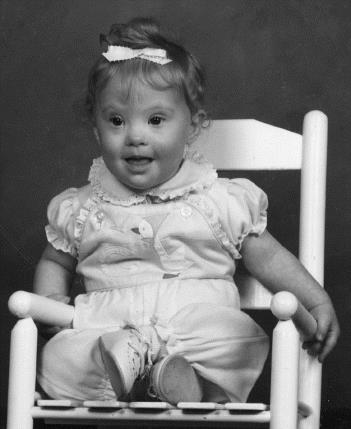Dental Care for Special People
If you provide care for someone with special conditions, such as Down Syndrome, Alzheimer’s disease, stroke, multiple sclerosis, spinal cord injury, arthritis or genetic disorders, oral health is essential. This article discusses some of the basic dental needs that the person you care for requires, including brushing and flossing, a balanced diet and regular dental appointments. Good oral health can help people with special conditions to keep their teeth.
Many people with special conditions have physical limitations that limit their ability to brush and floss. Here are a few suggestions that may help;
- Attach the toothbrush handle to the hand with an elastic band
- Wrap the tooth brush handle to make it bigger and easier to manipulate
- Lengthen the handle by attaching a piece of wood or similar object
If the person is not capable of brushing their own teeth, the following are effective brushing techniques:
- Place the head of the toothbrush at 45-degree angle to the gums. Move the brush gently back and forth
- Be sure to brush the outside, inside and chewing surfaces of the teeth
- Be sure to brush the tongue
If the person is not capable of flossing their own teeth, the following tips may help:
- Take a piece of floss about 18 inches long and wind it around one of your fingers. Wind the remaining end around the same finger on your opposite hand
- Holding the floss tightly use a gentle sawing motion to guide the floss between the teeth
- Curve the floss against the curve of the tooth
- Gently scrap the side of the tooth
- Repeat the process on each tooth
When assisting with brushing and flossing, find a well-lit location. If the person is uncooperative or uncontrollable, try to calm them and choose a time of day that is less stressful. Move in a calm, slow and reassuring manner. Be sure to offer praise. Many people are unable or unwilling to keep their mouth open, a mouth prop can help, check with your dentist. Your dentist can offer techniques and tips when assisting wheelchair or bed ridden individuals.
Medications can affect the mouth and teeth, causing different problems, such as, teeth staining, bleeding and enlarged gums, and a dry mouth which can lead to serious dental decay. Medications that can lead to a dry mouth include certain types of sedatives, barbiturates, antihistamines and drugs used for muscle control. If a medication is causing a problem in the mouth, it should be discussed with the physician, who may be able to prescribe an alternative medication.
Daily cleaning and regular dental visits are also necessary for people with dentures. Dentures need daily cleanings, to remove plaque and debris. The gums, tongue and palate should be brushed gently prior to inserting the dentures.
Good dental habits including daily cleaning, a healthy diet and regular dental visits will help the person you care for to have healthy teeth and gums.



 California Area Office
California Area Office